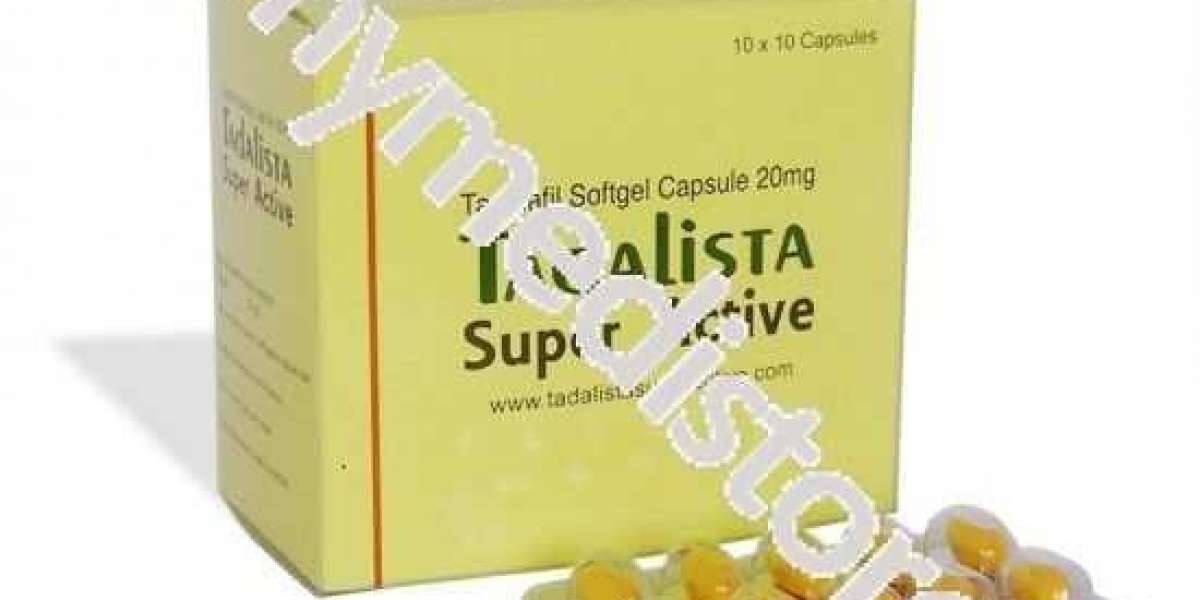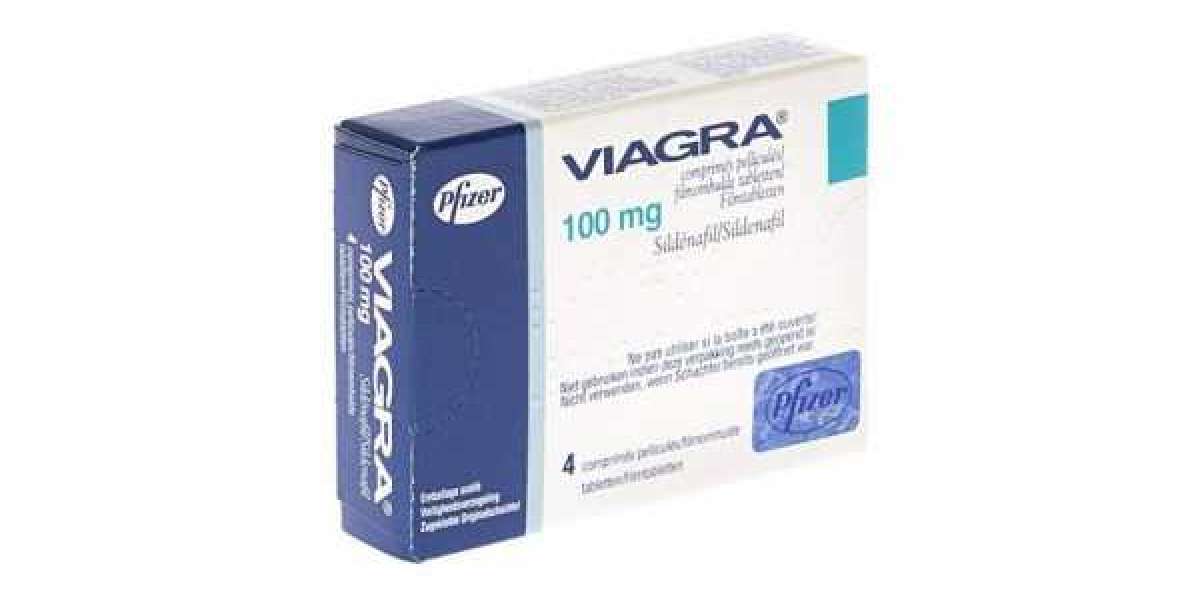NON-FERROUS COPPER BASED ALLOY SPRINGS
Most springs have a common goal, which is to store and release mechanical energy as required. For applications needing corrosion and heat resistance or thermal and electrical conductivity, springs made of ferrous materials may not be the best choice. Excel in these challenging environments with non-ferrous alloy springs from Custom Spring Manufacturing.Get more news about oem copper spring,you can vist our website!
COMMON NON-FERROUS ALLOYS FOR SPRINGS
At Custom Spring Manufacturing, we design and make high-performing finished products from non-ferrous alloys for use in many industries. While we can work with just about any non-ferrous material you need, those we use most often are copper-, nickel-, and aluminum-based.
Phosphor Bronze
Phosphor bronze, commonly known as Phos Bronze, is an alloy comprised primarily of copper, tin, and phosphorus. It’s exceptionally strong and resilient, making it ideal for products where resistance to fatigue, wear, chemical corrosion, and elemental exposure is required. This alloy also offers good electrical conductivity, a low coefficient of friction, and excellent elasticity. Phos Bronze’s unique performance attributes mean it’s often used to manufacture springs for electronic, automotive, and aerospace applications.
Beryllium Copper
Beryllium copper is copper alloyed with up to three percent beryllium and other elements. The elevated amount of beryllium results in the greatest strength of all copper-based alloys. Commonly called spring copper or beryllium bronze, its strength is comparable to alloy steel, but without the weight. The material is also non-magnetic, non-sparking, corrosion-resistant, and withstands toxic environments, which makes beryllium copper springs perfect for electrical applications.
Aluminum
Aluminum is a soft and silvery-white metal that’s strong, lightweight, and stands up to harsh atmospheres. It naturally generates a protective thin oxide coating, which protects against corrosion and degradation. This material also has a long life and is completely recyclable, making it environmentally friendly.
Nickel
Nickel is prized for its ability to maintain strength at incredibly hot and cold temperatures. It also has good solderability and thermal conductivity. The material is tough and ductile, which is why nickel springs are used in extreme environments. Nickel alloys are preferred when the strength of stainless steel doesn’t meet the demands of the application.













